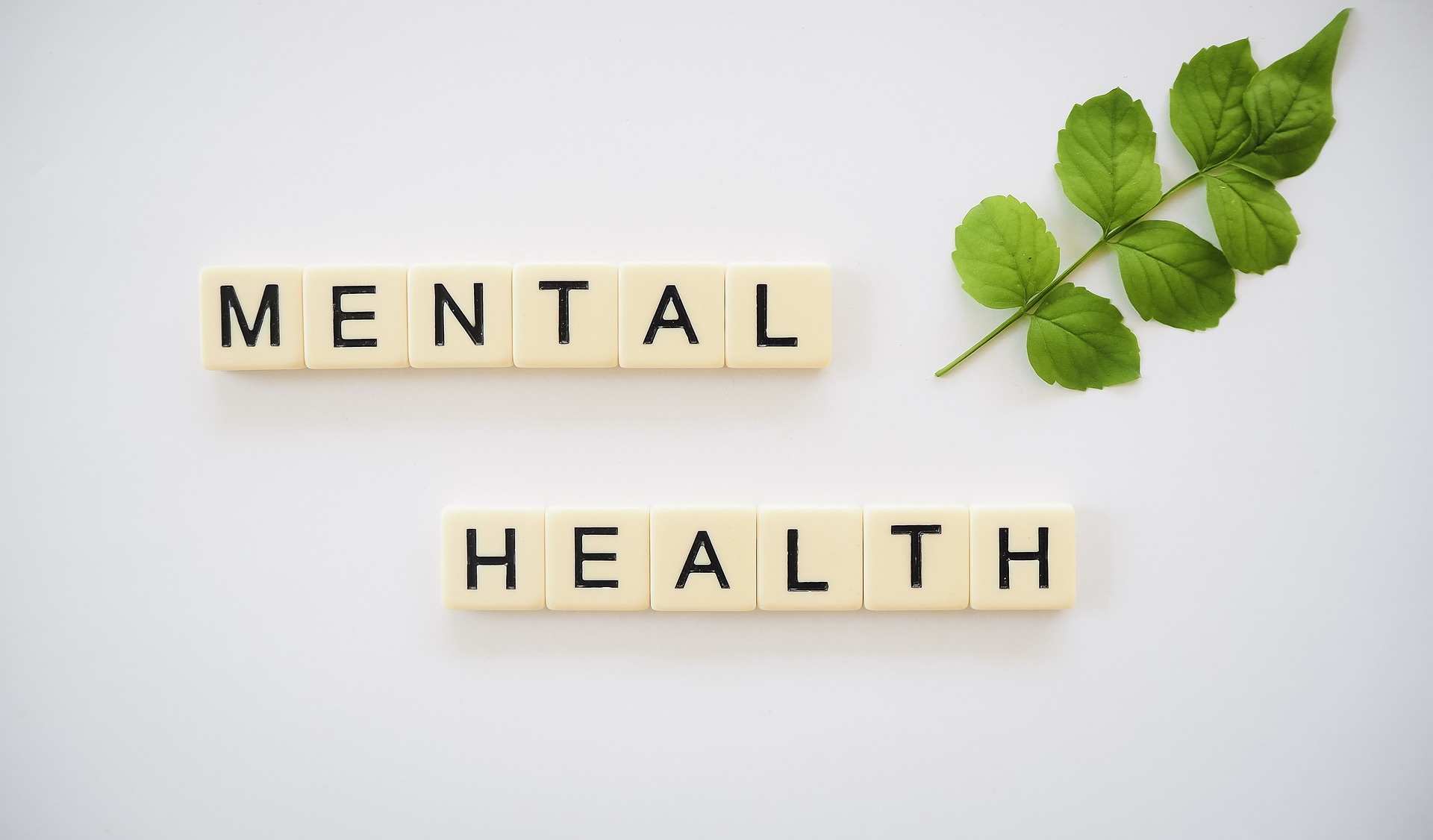Living Better With Chronic Conditions in 2026: Practical Ways to Feel Your Best
Managing a chronic condition doesn't mean putting life on hold. With the right strategies, tools, and mindset, millions of Americans are discovering how to thrive while navigating long-term health challenges. From simple daily adjustments to leveraging modern support systems, there are countless ways to enhance quality of life and maintain independence. This comprehensive guide explores evidence-based approaches that can make a meaningful difference in your daily experience with chronic illness.

Chronic conditions affect over 133 million Americans, yet many people feel overwhelmed when first receiving a diagnosis. The journey of living with a long-term health condition is deeply personal, but it doesn’t have to be traveled alone. Modern healthcare approaches emphasize empowerment, self-management, and quality of life alongside medical treatment.
The key to successful chronic condition management lies in understanding that small, consistent changes often yield the most sustainable results. Rather than dramatic lifestyle overhauls, research shows that gradual adjustments to daily routines create lasting positive impacts on both physical symptoms and overall well-being.
Understanding the Challenges of Managing Long-Term Illness
Chronic conditions present unique challenges that extend far beyond physical symptoms. The unpredictable nature of many conditions can disrupt work schedules, social plans, and personal relationships. Fatigue, pain, and medication side effects often compound these difficulties, creating a complex web of daily considerations.
Adaptation becomes essential when symptoms fluctuate unpredictably. Many individuals develop personal early warning systems, learning to recognize subtle changes in energy levels, pain patterns, or mood shifts. This self-awareness allows for proactive adjustments rather than reactive crisis management.
The financial burden of chronic conditions also requires careful navigation. Medical expenses, prescription costs, and potential work limitations can create additional stress that impacts overall health outcomes.
How Small Lifestyle Tweaks Can Improve Comfort and Energy
Energy management represents one of the most practical skills for chronic condition management. The “spoon theory,” developed by lupus advocate Christine Miserandino, helps many people visualize and allocate their daily energy reserves more effectively.
Simple environmental modifications can significantly impact comfort levels. Ergonomic furniture, proper lighting, temperature control, and noise reduction create supportive living spaces that minimize symptom triggers. Many people find that organizing frequently used items within easy reach reduces physical strain throughout the day.
Technology integration offers numerous possibilities for symptom tracking and management. Smartphone apps can monitor medication schedules, track symptom patterns, and provide gentle reminders for self-care activities. Wearable devices help monitor sleep quality, activity levels, and stress indicators.
Building Healthy Routines Around Nutrition and Rest
Nutrition plays a crucial role in managing chronic conditions, though optimal dietary approaches vary significantly between individuals and conditions. Anti-inflammatory foods like leafy greens, fatty fish, and colorful vegetables support many people’s symptom management goals. Meal planning and preparation strategies help maintain consistent nutrition even during symptom flares.
Sleep quality often becomes both a challenge and a priority for people with chronic conditions. Establishing consistent sleep schedules, creating restful environments, and developing pre-sleep routines can improve both sleep quality and daytime symptom management. Many individuals benefit from adjusting their sleep environment with blackout curtains, white noise machines, or specialized pillows.
Hydration, often overlooked, significantly impacts energy levels and overall comfort. Setting regular hydration reminders and keeping water easily accessible throughout the day supports optimal body function.
The Emotional Side of Living With Chronic Conditions
The psychological impact of chronic conditions deserves equal attention to physical symptoms. Grief, anxiety, and depression commonly accompany chronic illness diagnoses and ongoing management challenges. Acknowledging these emotional responses as normal and valid represents an important step in comprehensive self-care.
Mindfulness practices, including meditation, deep breathing exercises, and gentle movement, help many people develop better relationships with their bodies and symptoms. These techniques don’t eliminate symptoms but can reduce the additional stress and tension that often amplify discomfort.
Maintaining social connections requires intentional effort when chronic conditions limit traditional social activities. Many people discover new ways to engage with friends and family that accommodate their energy levels and physical limitations.
Tools and Community Resources That Offer Everyday Support
Modern chronic condition management benefits from numerous support tools and resources. Patient advocacy organizations provide condition-specific information, support groups, and practical resources. Many offer online communities where people share experiences, tips, and encouragement.
Healthcare team coordination becomes increasingly important as chronic conditions often require multiple specialists. Keeping organized medical records, medication lists, and symptom journals helps facilitate better communication between providers and more effective treatment planning.
| Resource Type | Provider Examples | Key Features | Estimated Monthly Cost |
|---|---|---|---|
| Telehealth Platforms | Teladoc, Amwell, MDLive | Remote consultations, prescription management | $50-200 |
| Symptom Tracking Apps | MyRA, ArthritisPower, Symple | Pattern recognition, medication reminders | Free-$15 |
| Meal Delivery Services | Fresh n’ Lean, Silver Cuisine | Specialized dietary needs, convenience | $150-400 |
| Mental Health Support | BetterHelp, Talkspace, NAMI | Counseling, support groups, crisis resources | $60-300 |
Prices, rates, or cost estimates mentioned in this article are based on the latest available information but may change over time. Independent research is advised before making financial decisions.
Living well with chronic conditions requires patience, flexibility, and ongoing adjustment. Success looks different for everyone, but the combination of practical strategies, emotional support, and appropriate medical care creates a foundation for maintaining quality of life. The journey may include setbacks and challenges, but with the right tools and mindset, it’s possible to find joy, purpose, and fulfillment while managing long-term health conditions.
This article is for informational purposes only and should not be considered medical advice. Please consult a qualified healthcare professional for personalized guidance and treatment.




